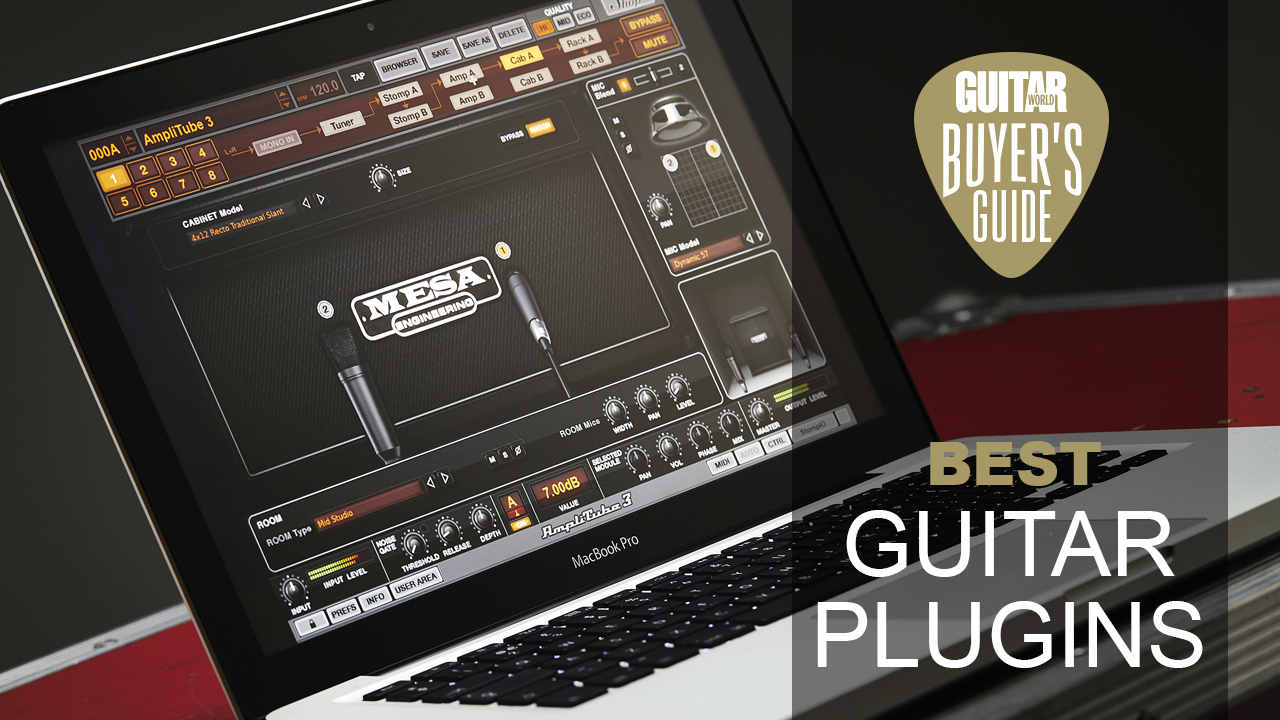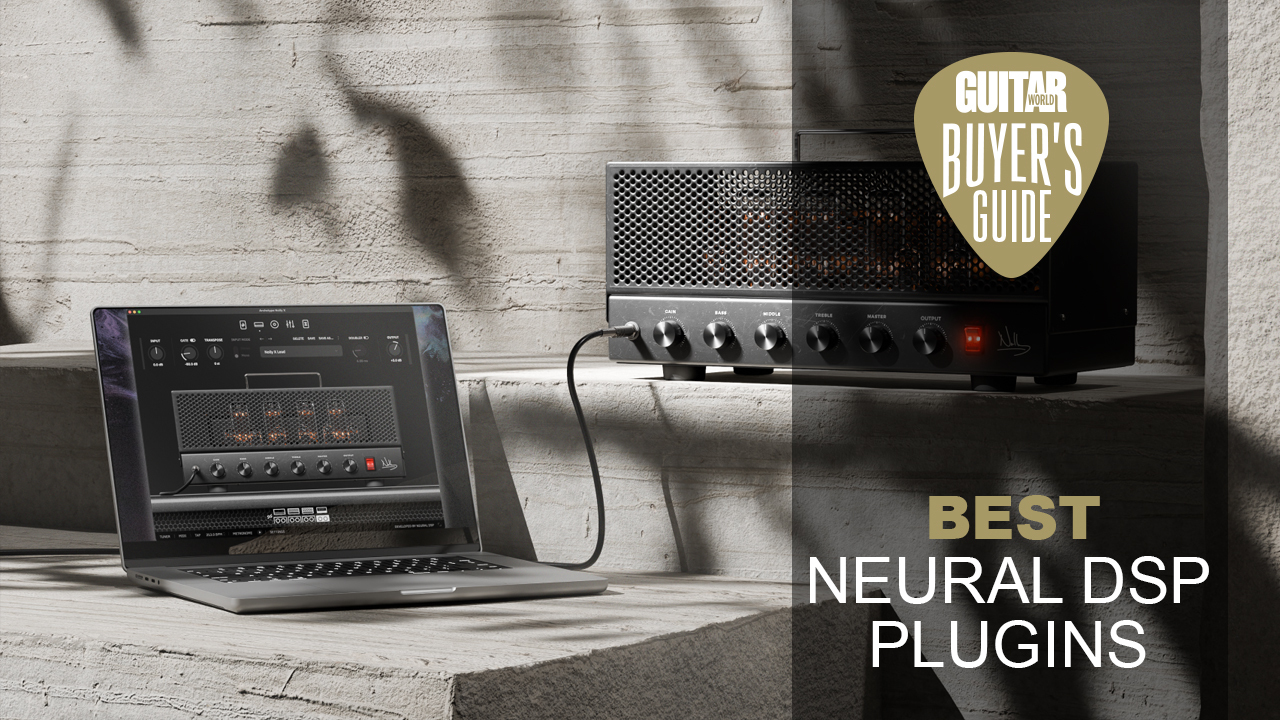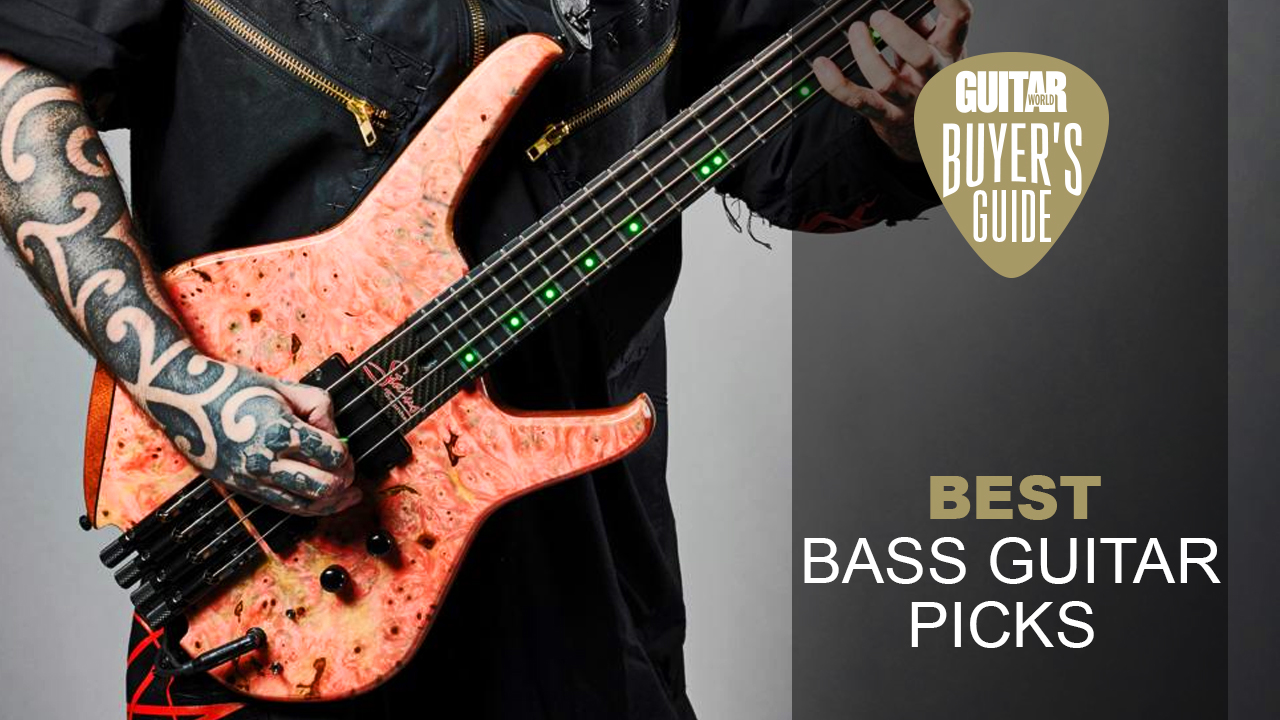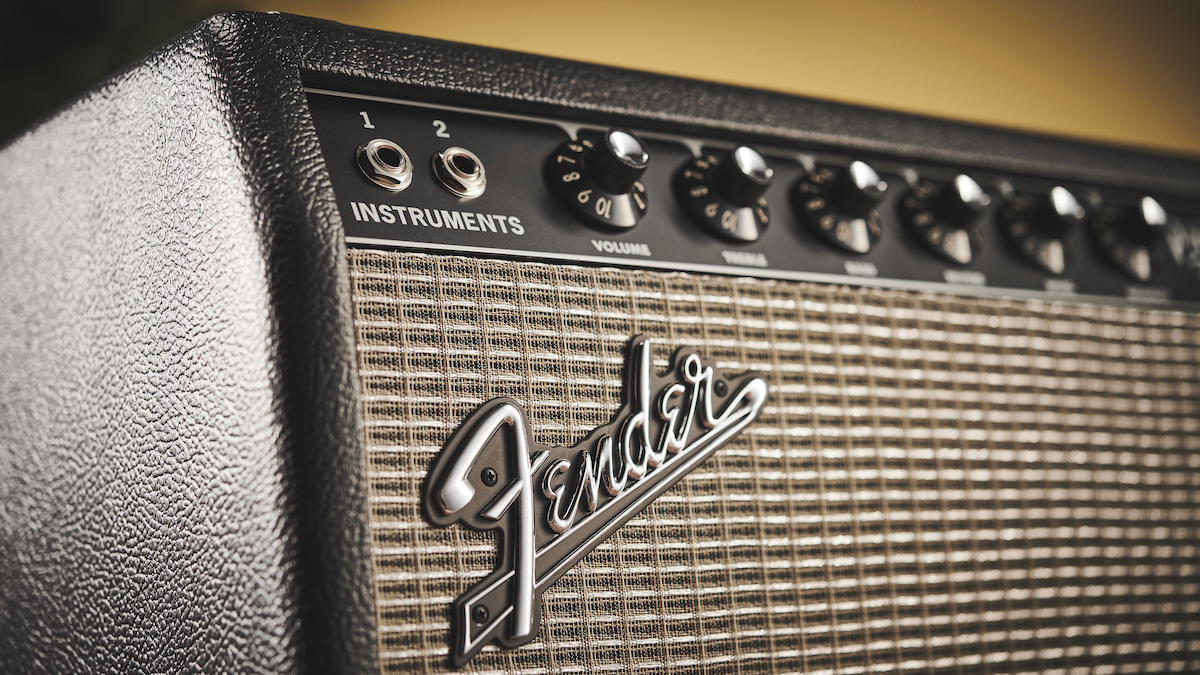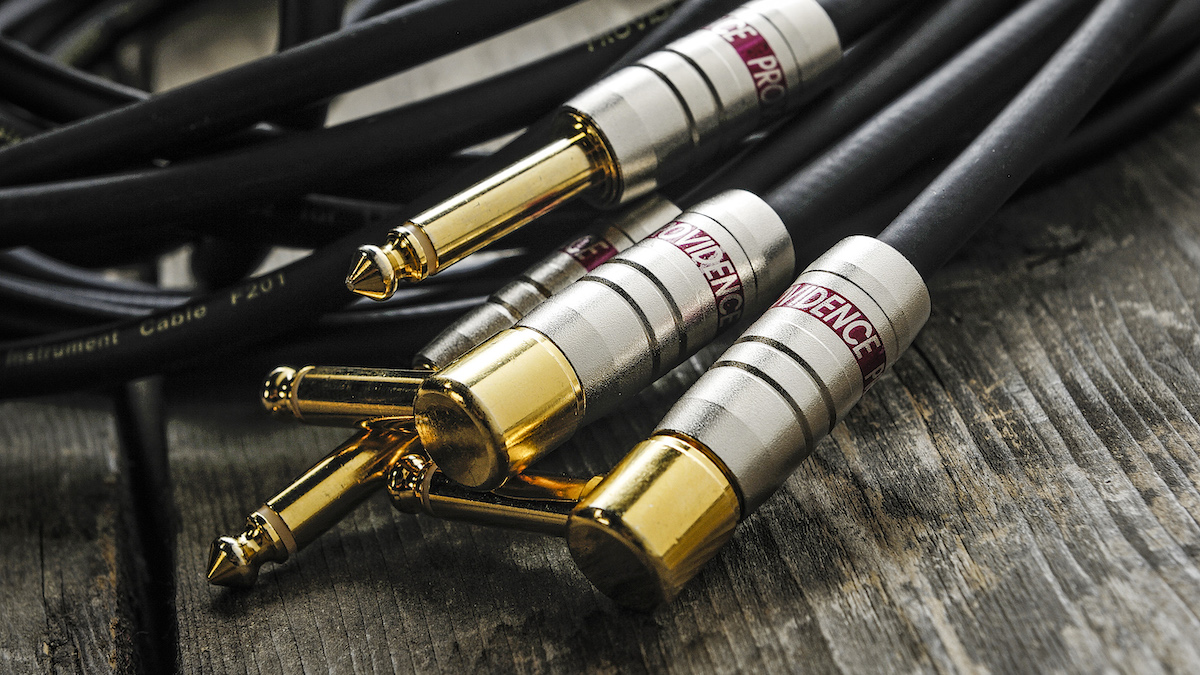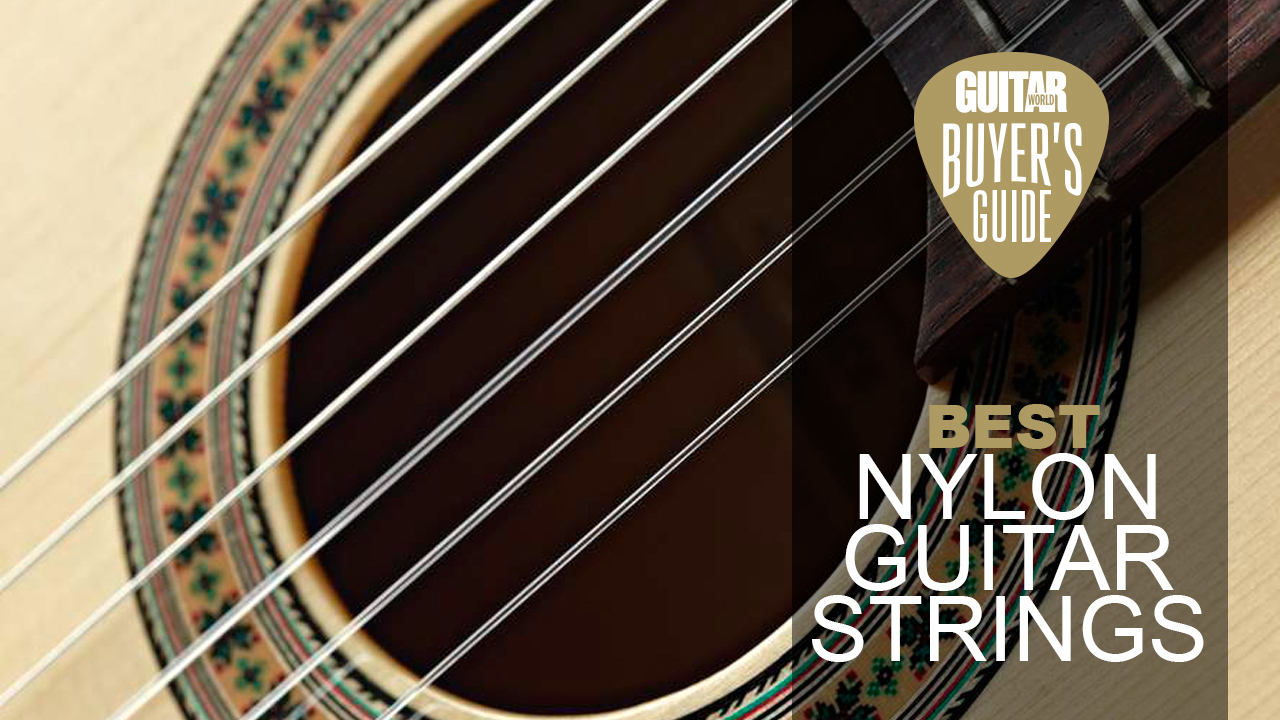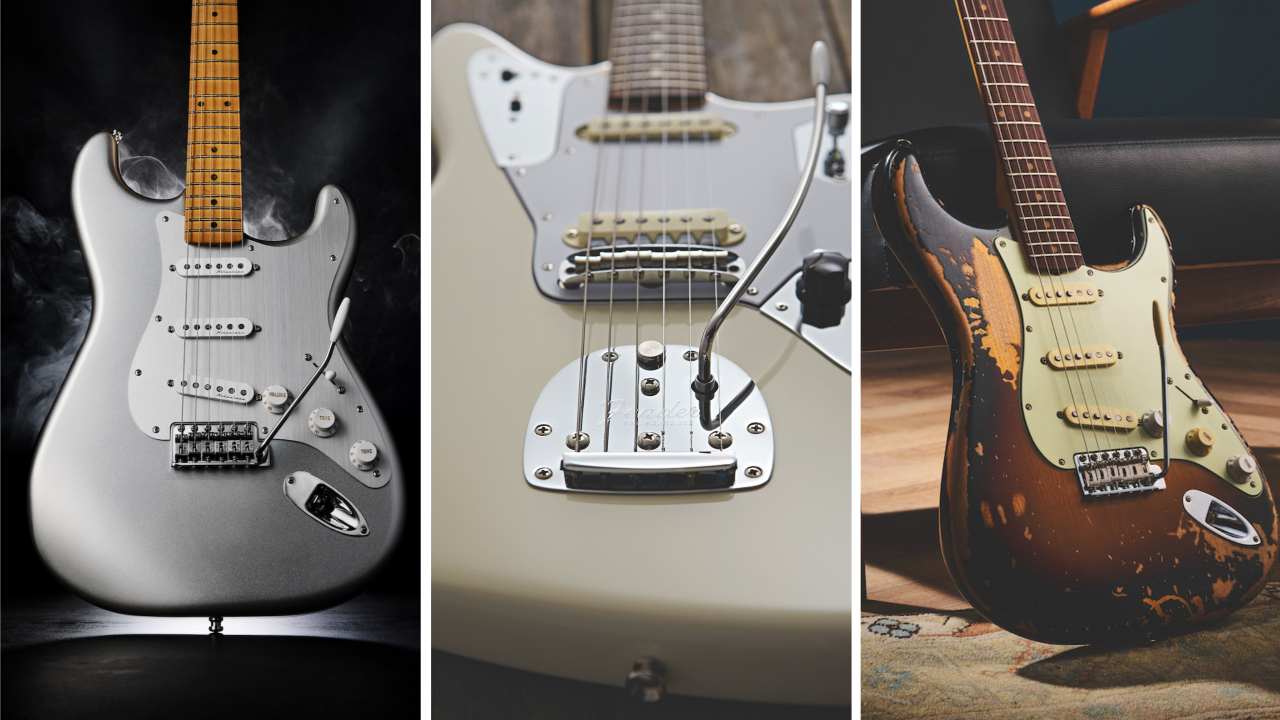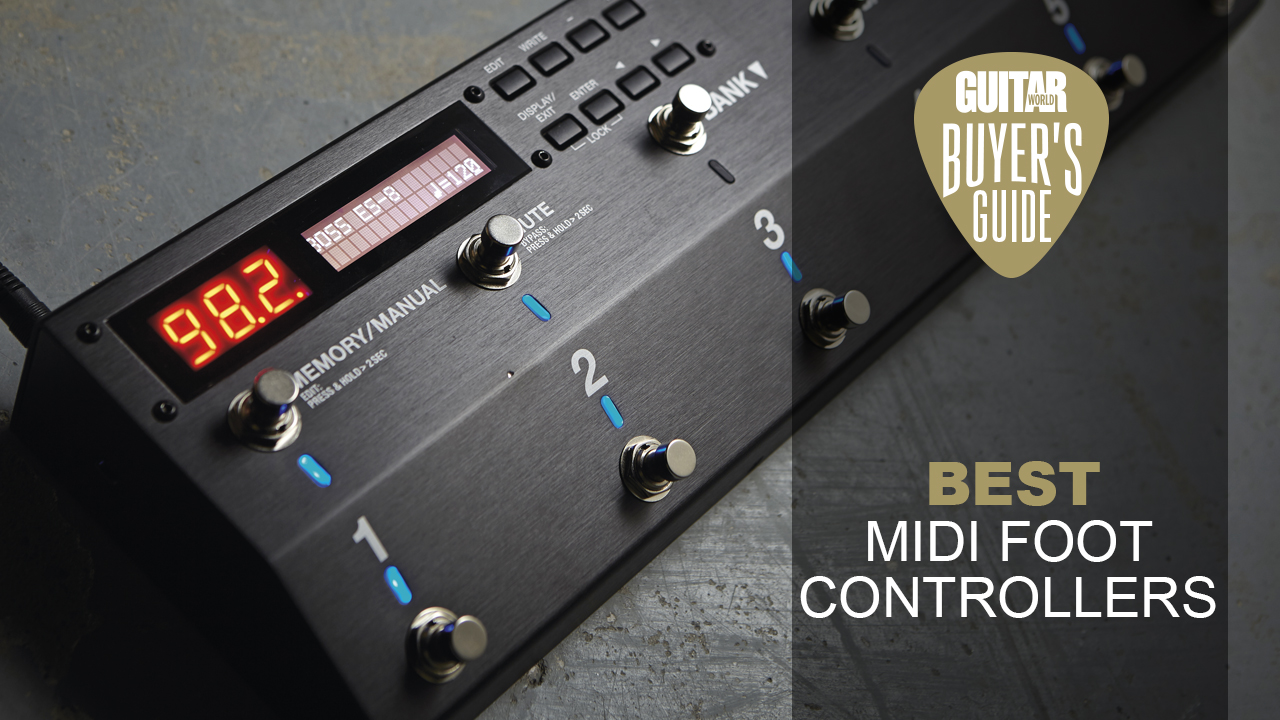Best 3/4 acoustic guitars 2025: small-bodied, short scale sensations from Taylor, Martin, Fender and more
From beginner nylon string models to solid electro-acoustic travel guitars, there’s a 3/4 option here for every style of player
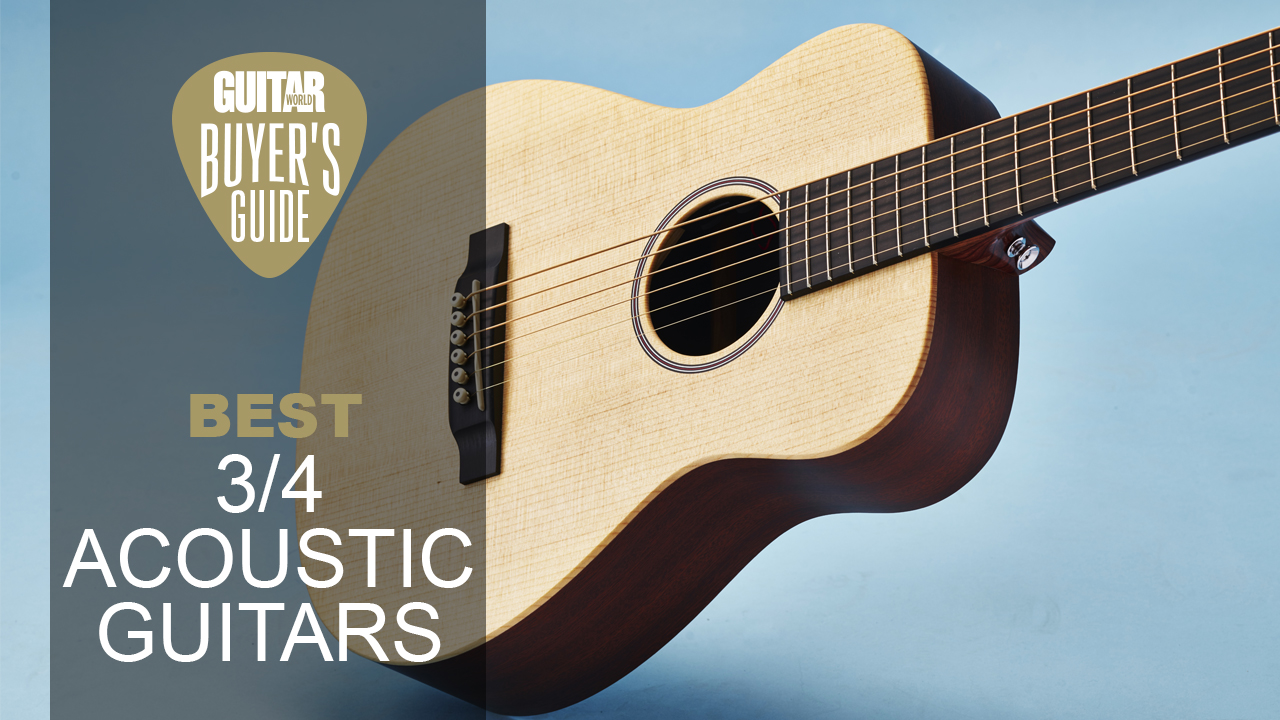
Think 3/4 acoustic guitars are just for kids? Think again – these smaller-bodied powerhouses can go toe-to-toe with the best of them. The best 3/4 acoustic guitars can do almost everything their full-sized counterparts can. Just look at Ed Sheeran and Taylor Swift, both worldwide superstars selling out stadiums with their compact acoustics.
Top 3/4 models from brands like Taylor and Martin demonstrate that these diminutive acoustics can hold their own among the giants of the music world. Beyond the global spotlight, 3/4 acoustic guitars suit a variety of players. Whether you're seeking a portable travel companion, a compact couch guitar, or a model that matches a smaller stature, a 3/4 acoustic isn’t just a viable option, it’s an ideal choice for many players.
There’s a huge range range of options currently available, too. Guitar brands have recognized the demand for smaller bodies and have served up a fantastic selection to match. From the aforementioned Martin and Taylor, Yamaha to Fender, the choice has never been greater. And that’s where we come in. We’ve selected options for all budgets to suit your 3/4 acoustic guitar needs. We’ve also included a handy FAQ section on this page to answer all your burning questions.
Quick list
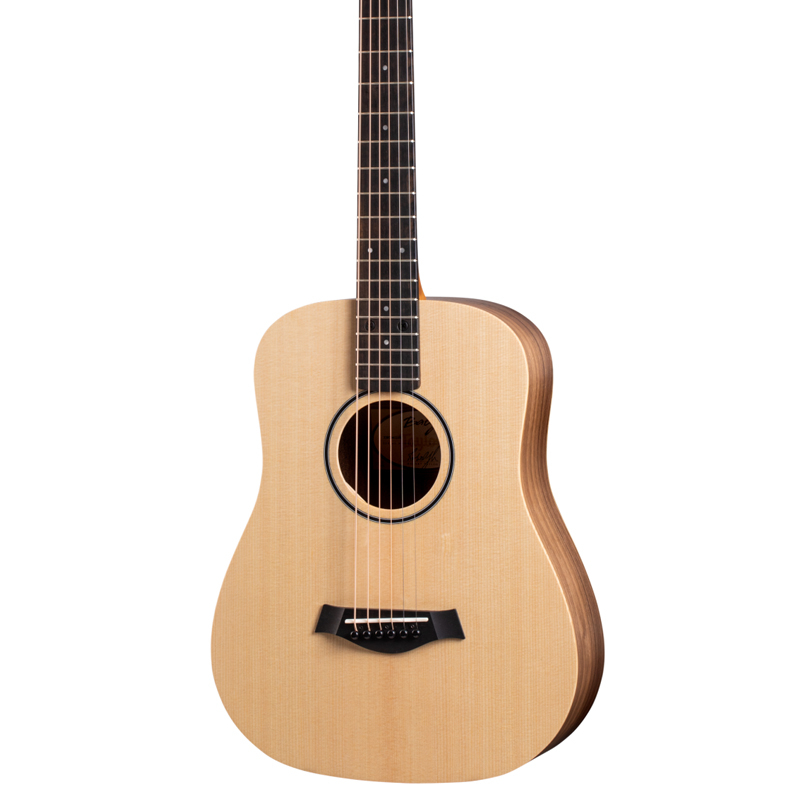
Taylor Guitars has a reputation as one of the premier acoustic guitar manufacturers in the world, so it’s no surprise to find a Taylor sitting at the top of our list. In our experience, the affectionately named ‘Baby Taylor’ delivers a surprisingly large sound considering its small dimensions.
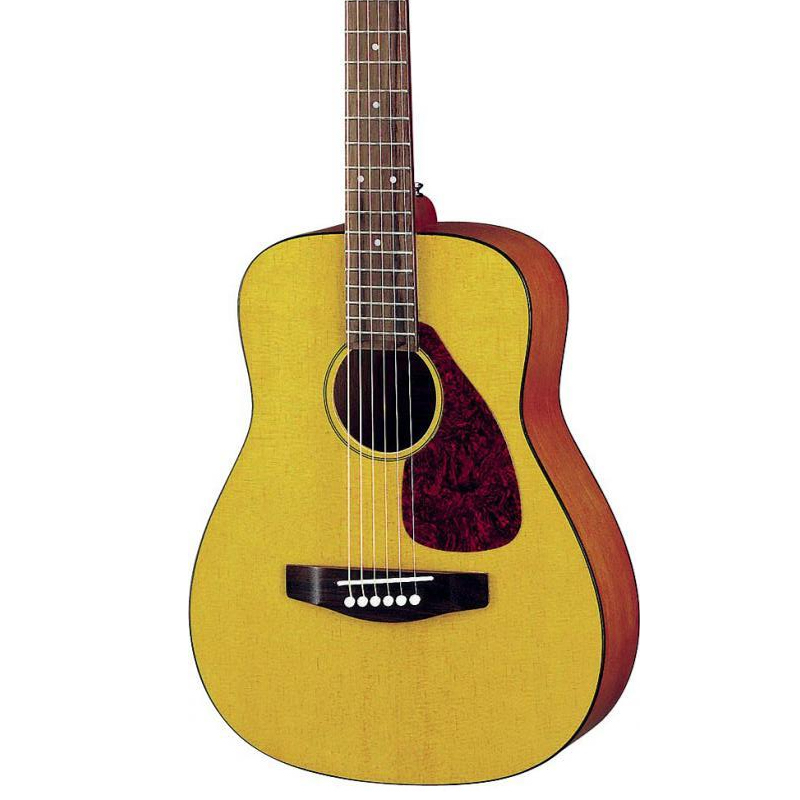
The JR1 is one of Yamaha’s best-selling 3/4 acoustic guitars thanks to its great specifications and easy playability. Coming with a bunch of accessories it’s a perfect acoustic guitar for beginners as you get everything you need in one box (including a gigbag!).
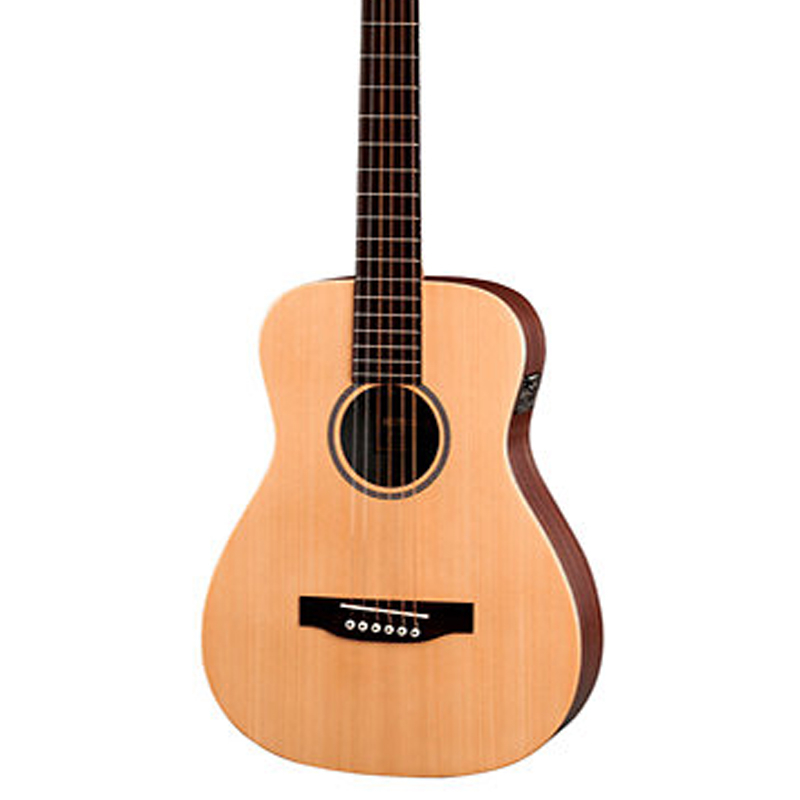
Initially made famous by Ed Sheeran, the Martin LX1E ‘Little Martin’ is one of the most popular 3/4 acoustic guitars ever made. Having made acoustics for over 180 years, with Martin Guitars comes a time-tested adherence to quality, so you know you’re getting a guitar of the highest order when you purchase.
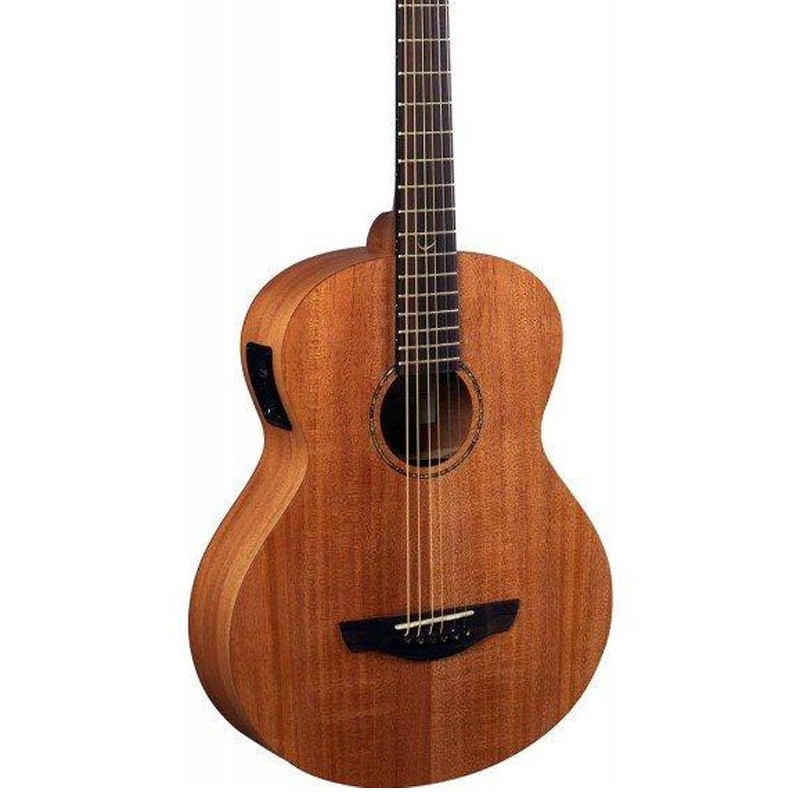
While not the biggest name on the market, Faith has earned itself an interstellar reputation for producing exceptional quality instruments. The brainchild of renowned luthier Patrick James Eggle, Faith isn’t afraid to explore new frontiers and create unique instruments using lesser-known yet high-quality materials.
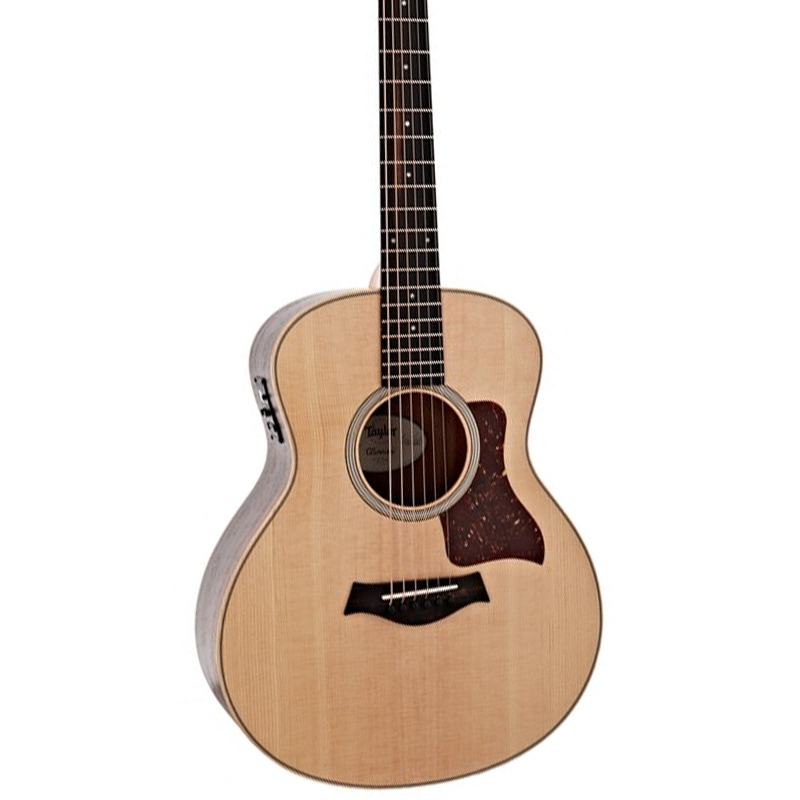
The Taylor GS Mini has become something of a modern classic, finding favor with experienced guitarists whilst still being beginner-friendly. There’s no doubt it’s played a large part in the soaring popularity of smaller sized guitars.
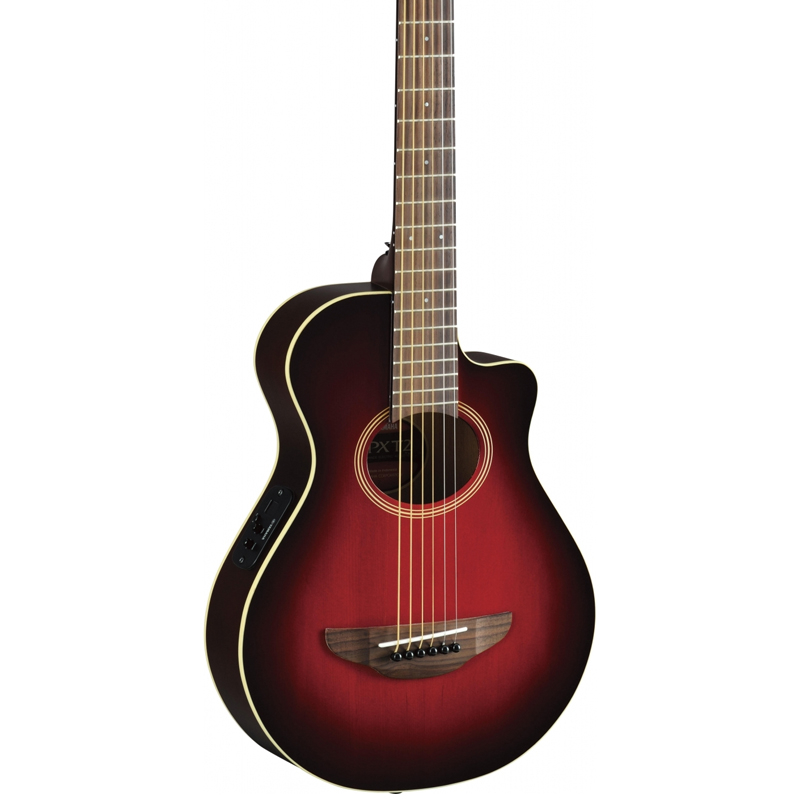
Yamaha has a fantastic reputation in the beginner’s market, having given us the now-classic CS range of nylon-strung acoustic guitars. Since then they’ve been a constant in schools and other educational institutions, with many guitarists cutting their teeth on a Yamaha acoustic.
Best overall
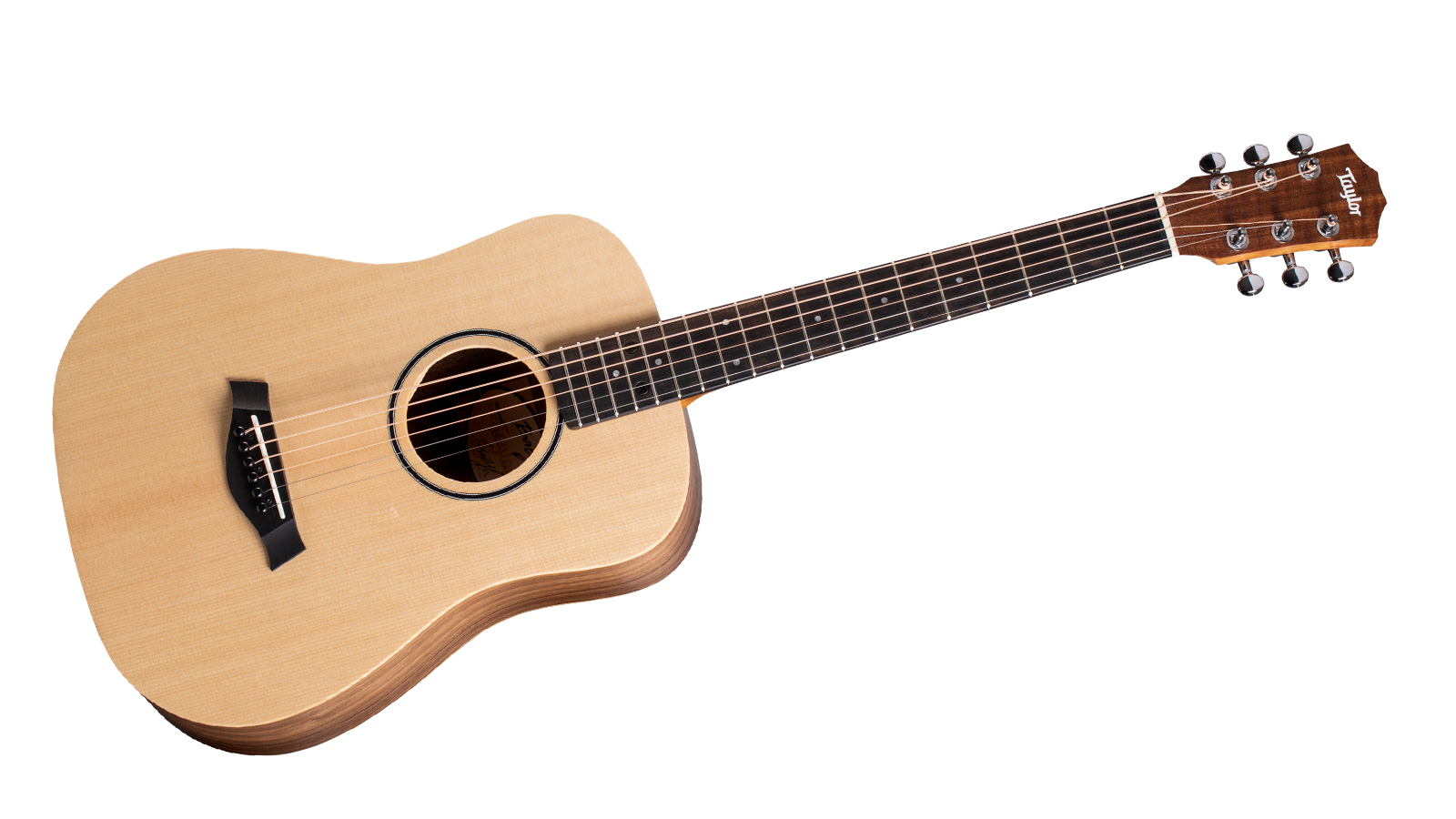
1. Taylor BT1 Baby Taylor
Our expert review:
Specifications
Reasons to buy
Reasons to avoid
Taylor Guitars has a reputation as one of the premier acoustic guitar manufacturers in the world, so it’s no surprise to find a Taylor sitting at the top of our list. In our experience, the affectionately named ‘Baby Taylor’ delivers a surprisingly large sound considering its small dimensions.
The Taylor BT1 gives you a beautifully comfortable playing experience, with low string action and a small neck heel allowing you great access to the upper registers. Whether you’re playing fingerstyle or using a guitar pick, it reacts brilliantly to the dynamics of your playing.
Make no mistake this is a proper Taylor guitar, so the sound is just as full of richness and depth as any of the full-size Taylor models. A tight low end with clear mids and crispness in the highs is matched with great projection, making for one of the best 3/4-sized acoustic guitars money can buy.
Best for beginners
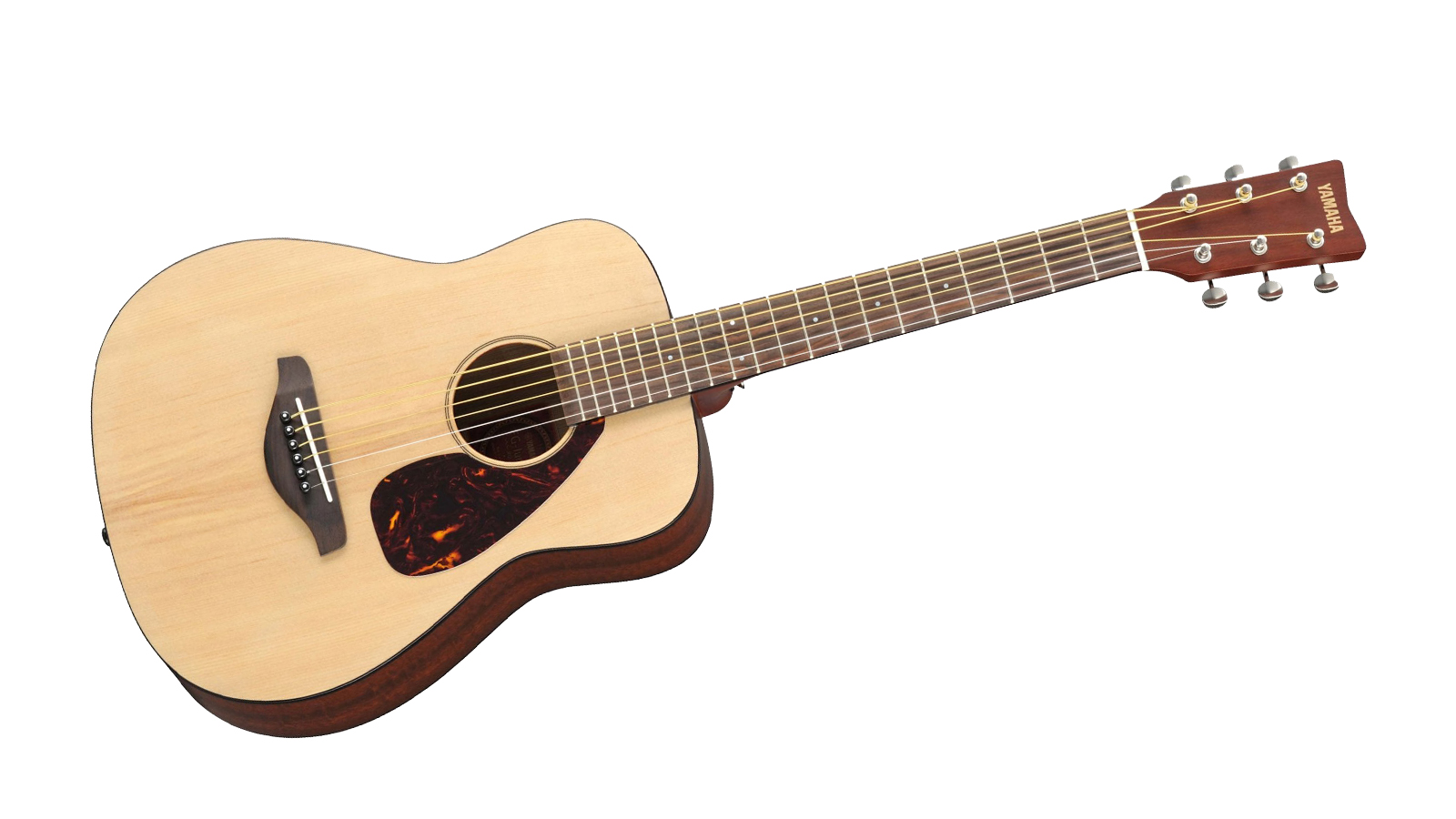
2. Yamaha JR1 FG 3/4
Our expert review:
Specifications
Reasons to buy
Reasons to avoid
The JR1 is one of Yamaha’s best-selling 3/4 acoustic guitars thanks to its great specifications and easy playability. Coming with a bunch of accessories it’s a perfect acoustic guitar for beginners as you get everything you need in one box (including a gigbag!).
The short scale gives the neck of this guitar inherently fast playability, being easy enough for beginners to handle without potentially putting off more seasoned players. The rosewood fingerboard feels super smooth and it's a joy to fret chords and play riffs on.
The JR1 is based upon Yamaha’s full-size FG range guitars, so you get a laminated spruce top with a Mahogany back and sides that deliver a fantastic tone. It’s a bright sound that has plenty of projection thanks to the dreadnought-shaped body.
Best for live performance
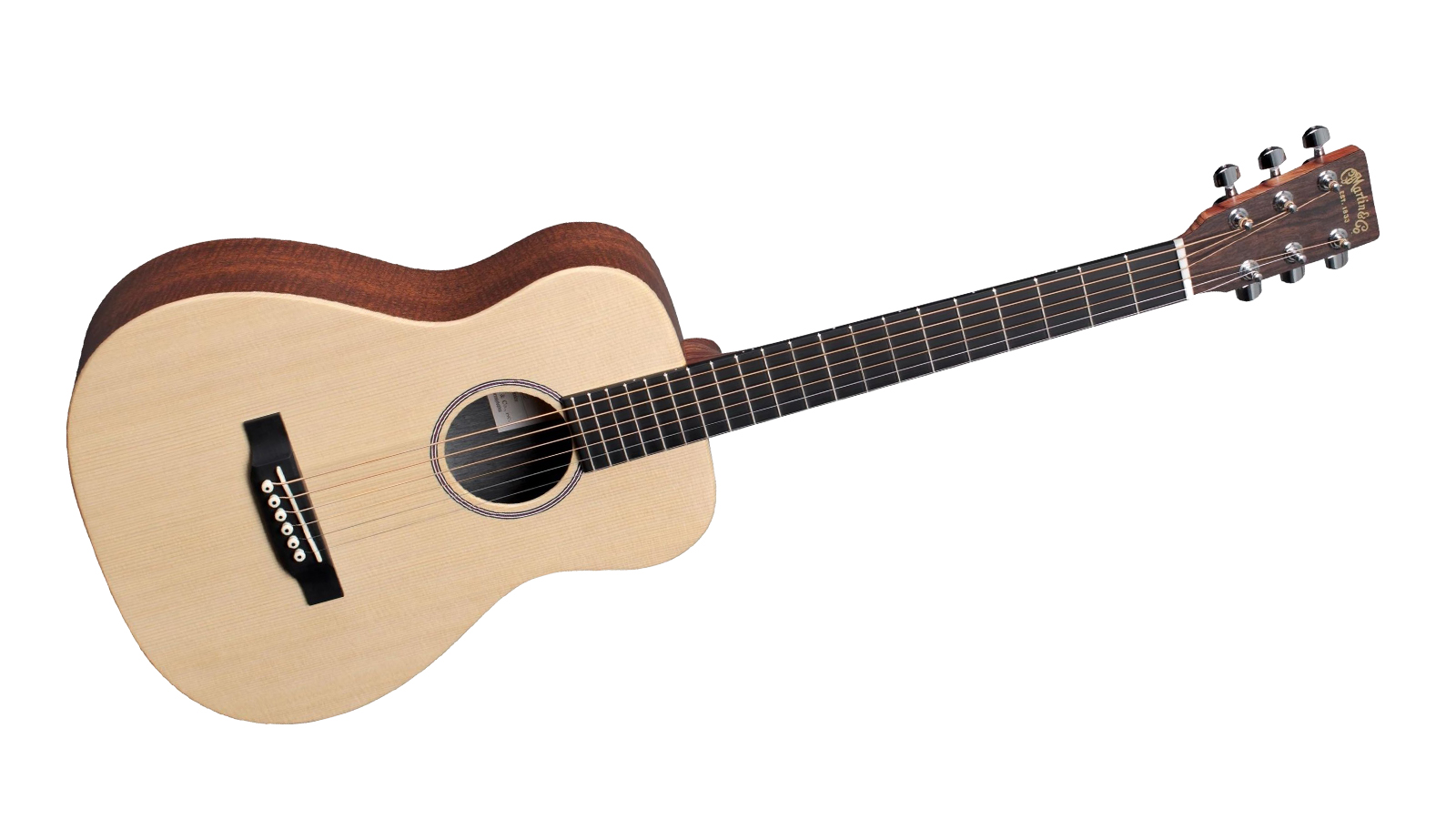
Specifications
Reasons to buy
Reasons to avoid
Initially made famous by Ed Sheeran, the Martin LX1E ‘Little Martin’ is one of the most popular 3/4 acoustic guitars ever made. Having made acoustics for over 180 years, with Martin Guitars comes a time-tested adherence to quality, so you know you’re getting a guitar of the highest order when you purchase.
Although the LX1E has a short scale length, the fretboard width is roughly the same as a full-size acoustic, meaning it will feel familiar to those who own or have owned bigger guitars. That width doesn’t take away from the sleek feel of the neck, however, and it will still feel cozy enough for old and younger players alike.
The Martin LX1E is louder than a lot of other 3/4 acoustic guitars, with a clear and defined tone. However, thanks to the Fishman Presys VT pickup system, it’s when you plug it in that this guitar really shines. The smaller, boxy tone sometimes associated with a 3/4 size acoustic is merely a distant concern when amplified, and the LX1E could have you surprised by rivaling its bigger-bodied brethren.
Read our full Martin LX1E review
Best for value
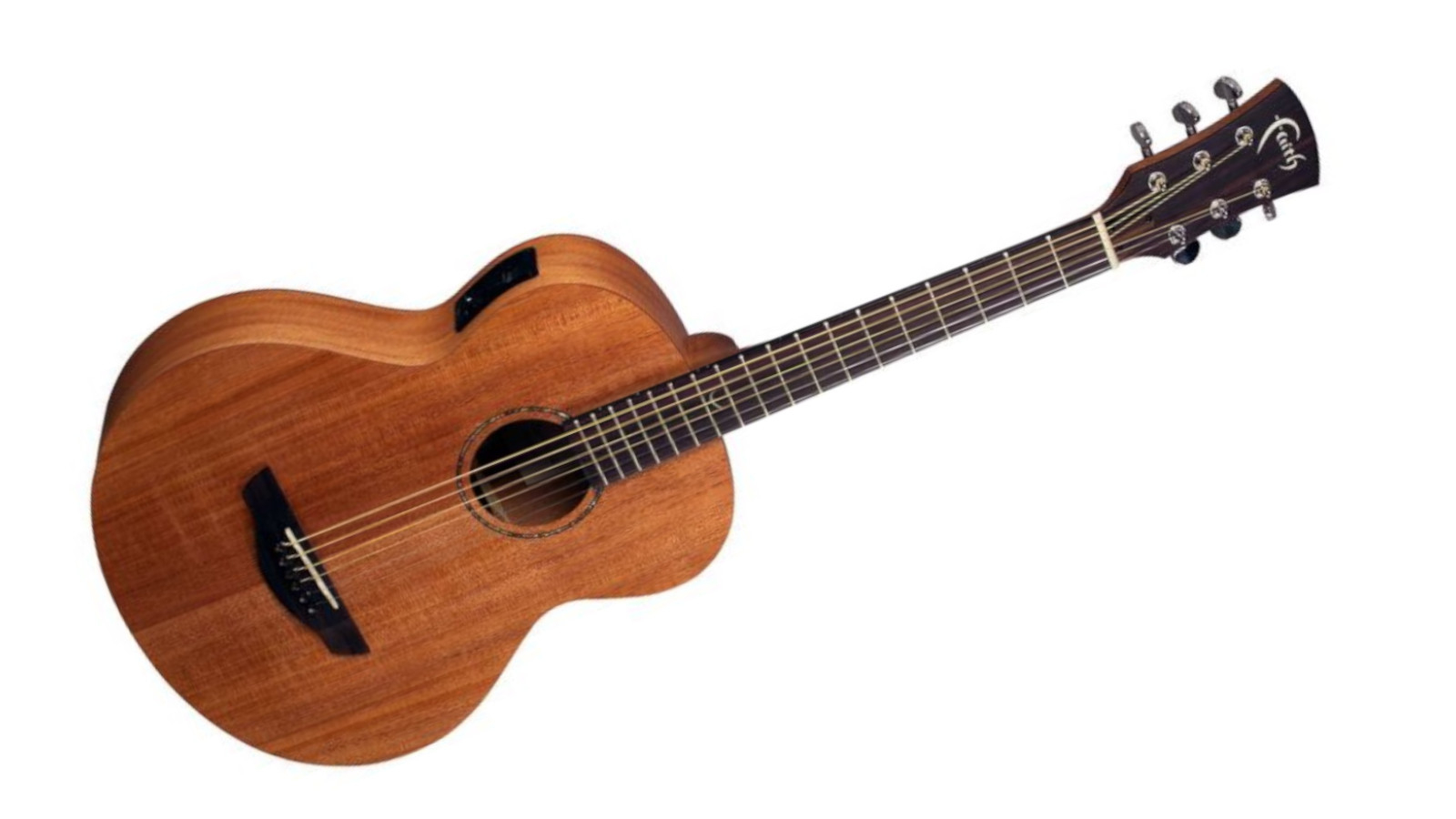
4. Faith Nomad Mini-Neptune
Our expert review:
Specifications
Reasons to buy
Reasons to avoid
While not the biggest name on the market, Faith has earned itself an interstellar reputation for producing exceptional quality instruments. The brainchild of renowned luthier Patrick James Eggle, Faith isn’t afraid to explore new frontiers and create unique instruments using lesser-known yet high-quality materials. Although modeled from traditional acoustic body styles, Faith’s body shape naming system is taken from our solar system, hence all the space age references.
Inspired by their jumbo body style, the Neptune, this 3/4 electro-acoustic is a fully solid mahogany guitar that delivers a rich, woody tone. Picking up a fully solid acoustic for under $500 is incredibly great value, something Faith’s main competitors haven’t done in a long time. A top-notch quality gig bag is a testament to the company's exceedingly good value for money.
However, it doesn’t stop there. The Neptune-mini has a Fishman Sonicore preamp and Isys T pickup, meaning its dynamic, warm timbre is translated incredibly accurately when amplified. Rounding off an impressive display is its hardware. The precision chrome tuners offer just that, precise tuning accuracy and stability. Although the Faith Nomad Mini-Neptune is an all-star guitar, the scale length may just be too short for some players to get along with. Something to bear in mind if your arms are particularly long.
Best for a bright tone
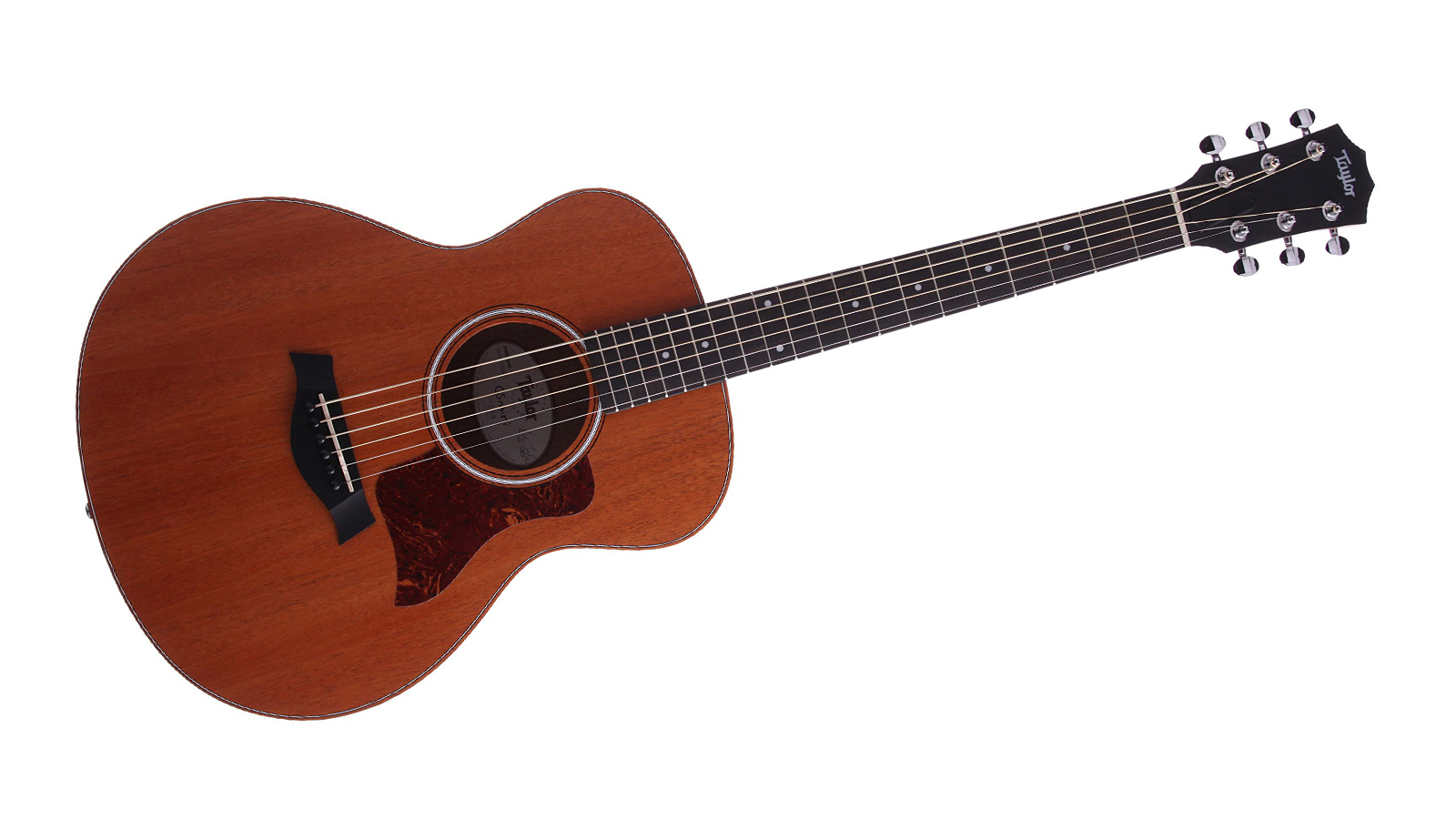
Specifications
Reasons to buy
Reasons to avoid
The Taylor GS Mini has become something of a modern classic, finding favor with experienced guitarists while still being beginner-friendly. There’s no doubt it has played a large part in the soaring popularity of smaller-sized guitars. The GS Mini has seen many forms, but the Mahogany variant is emerging as the leader of the pack.
The neck of this guitar is super-comfortable, retaining the string spacing of a larger guitar but pairing it with the 3/4 scale to brilliant effect. It features a proper ebony fretboard, so you’re getting the same quality wood found on full-sized Taylor guitars. The build quality is everything we’ve come to expect from Taylor, and we’re pleased to see they haven't cut corners on their miniature models.
Sound-wise, it’s articulate and bright in tone, as you’d expect from a Taylor, with great natural resonance. The mahogany inclusion adds a slightly more mellow tone overall, but let’s face it, it's a Taylor, so it’s never going to veer too heavily toward the dark side.
Read our full Taylor GS Mini Mahogany review
Best for playability
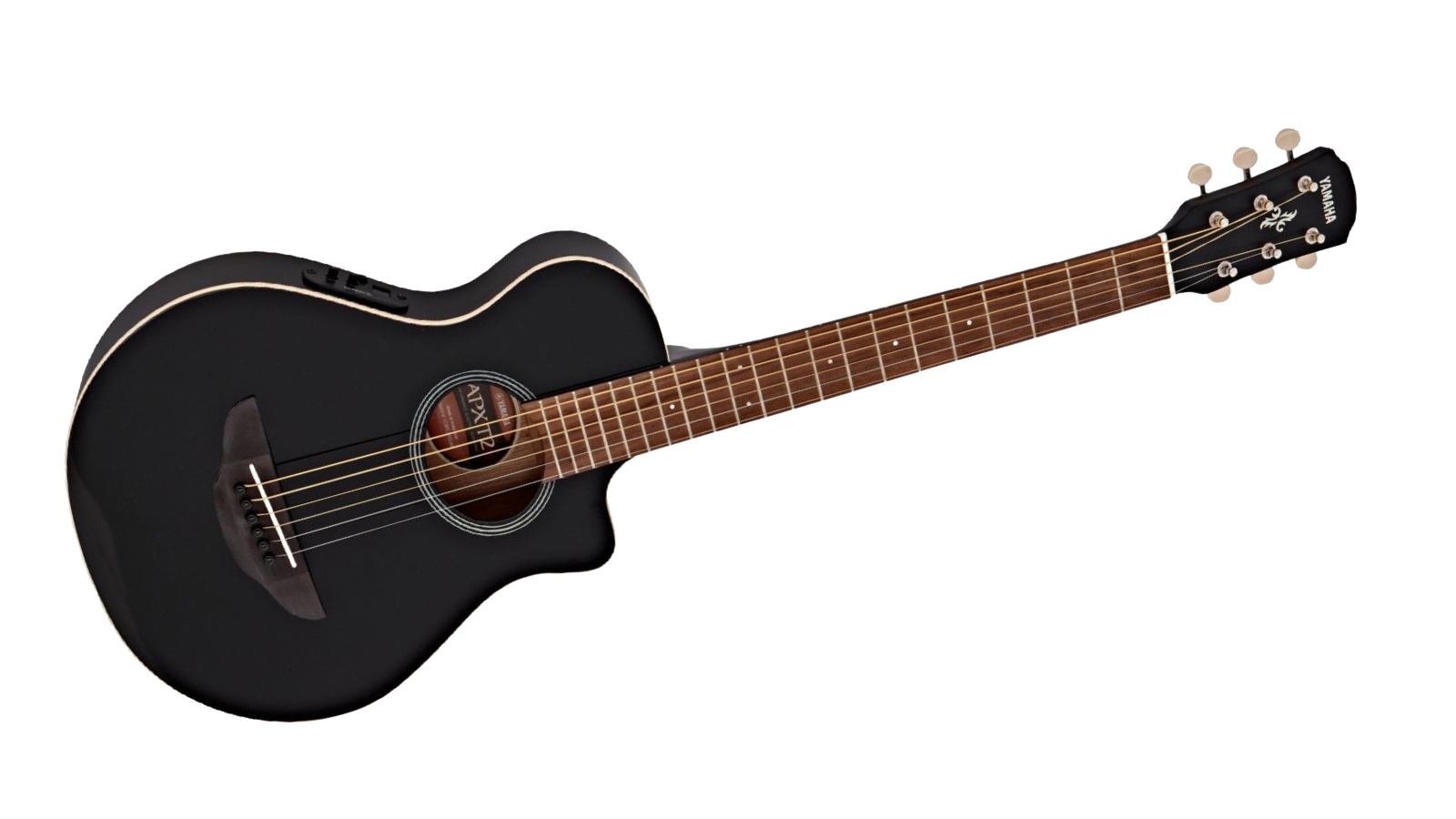
6. Yamaha APXT2 3/4-Size acoustic-electric
Our expert review:
Specifications
Reasons to buy
Reasons to avoid
Yamaha has a fantastic reputation in the beginner’s market, having given us the now-classic CS range of nylon-strung acoustic guitars. Since then they’ve been a constant in schools and other educational institutions, with many guitarists cutting their teeth on a Yamaha acoustic.
The fretboard of the APXT2 feels slightly wider than that which you’d typically find on a 3/4 acoustic guitar, meaning it will suit players used to a full-sized instrument. It’s still easy to play for beginners though thanks to its slim neck profile that encourages fast playing.
The body shape is nice and slim too, with a cutaway that gives you easy access to the upper frets of the guitar. It sounds less ‘boomy’ than some full-size acoustics thanks to its size and delivers crisp and clear tones. It's got a great acoustic guitar pickup installed, so when plugged in it really takes on a life of its own, sounding nigh on indistinguishable from a full-size acoustic guitar.
Also tested
So those are our top picks, but there are many more great options to choose from that offer something a little different in terms of features and performance. We've selected some more of our favorites below.
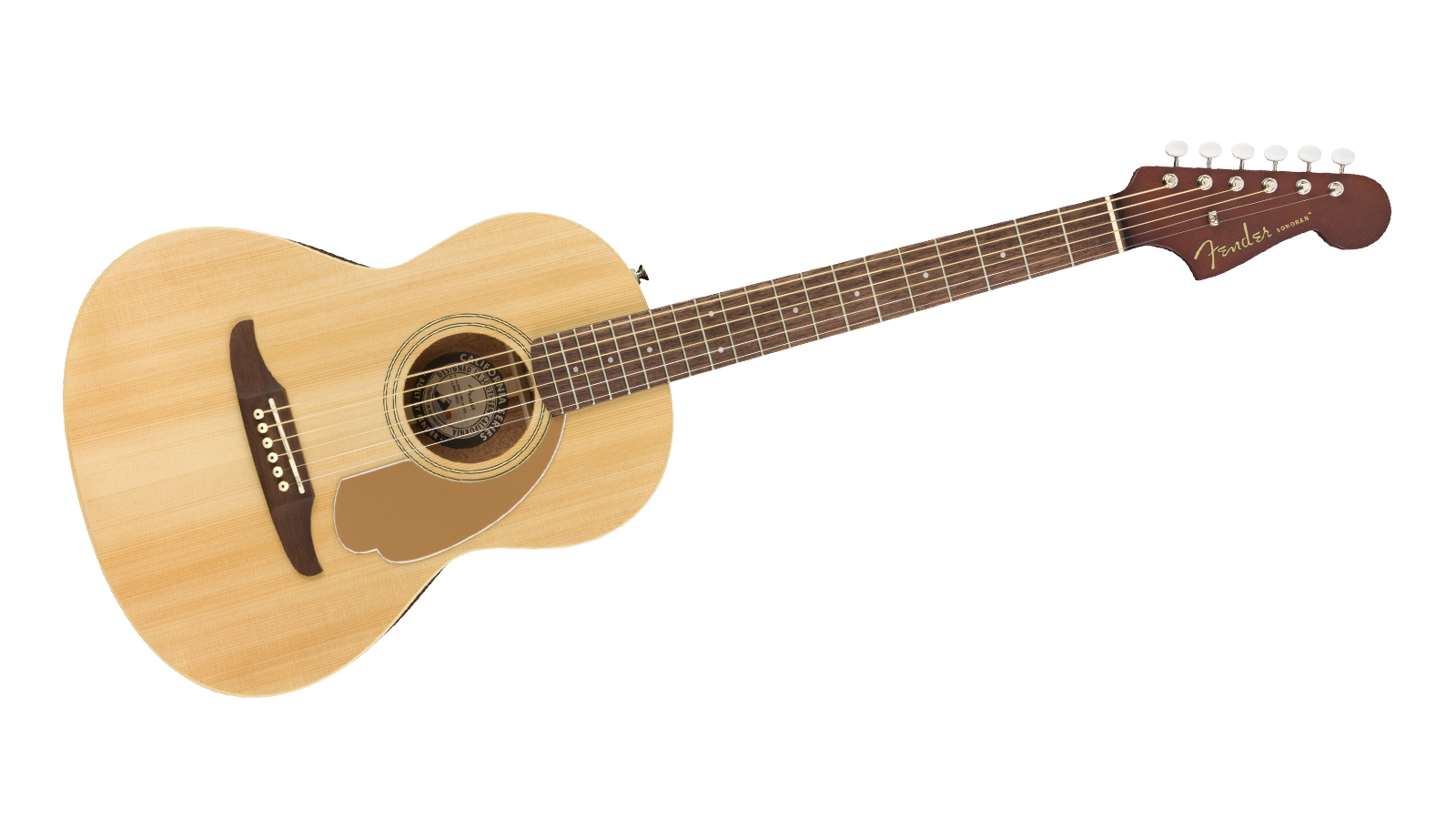
7. Fender Sonoran Mini 3/4 Acoustic Guitar
Our expert review:
Specifications
Reasons to buy
Reasons to avoid
The Fender Sonoran Mini is one of the most popular small body acoustics the big F offers and you know when you buy a guitar with the Fender name on the headstock, you’re getting a guarantee of quality, durability, and brilliant sound.
The Sonoran Mini has a classic ‘C’ shape neck profile as you’d find on many Fender guitars, complete with classic Strat-style headstock. The neck feels great whether you’re playing chords or riffing, with the Walnut fretboard offering a smooth playing experience.
The body is slightly pear-shaped, helping it deliver a big unplugged sound that will satisfy veteran players without compromising on the playing comfort required by beginners. It has mahogany back and sides and a spruce top to give you plenty of warmth of tone, with crisp and clear clarity.
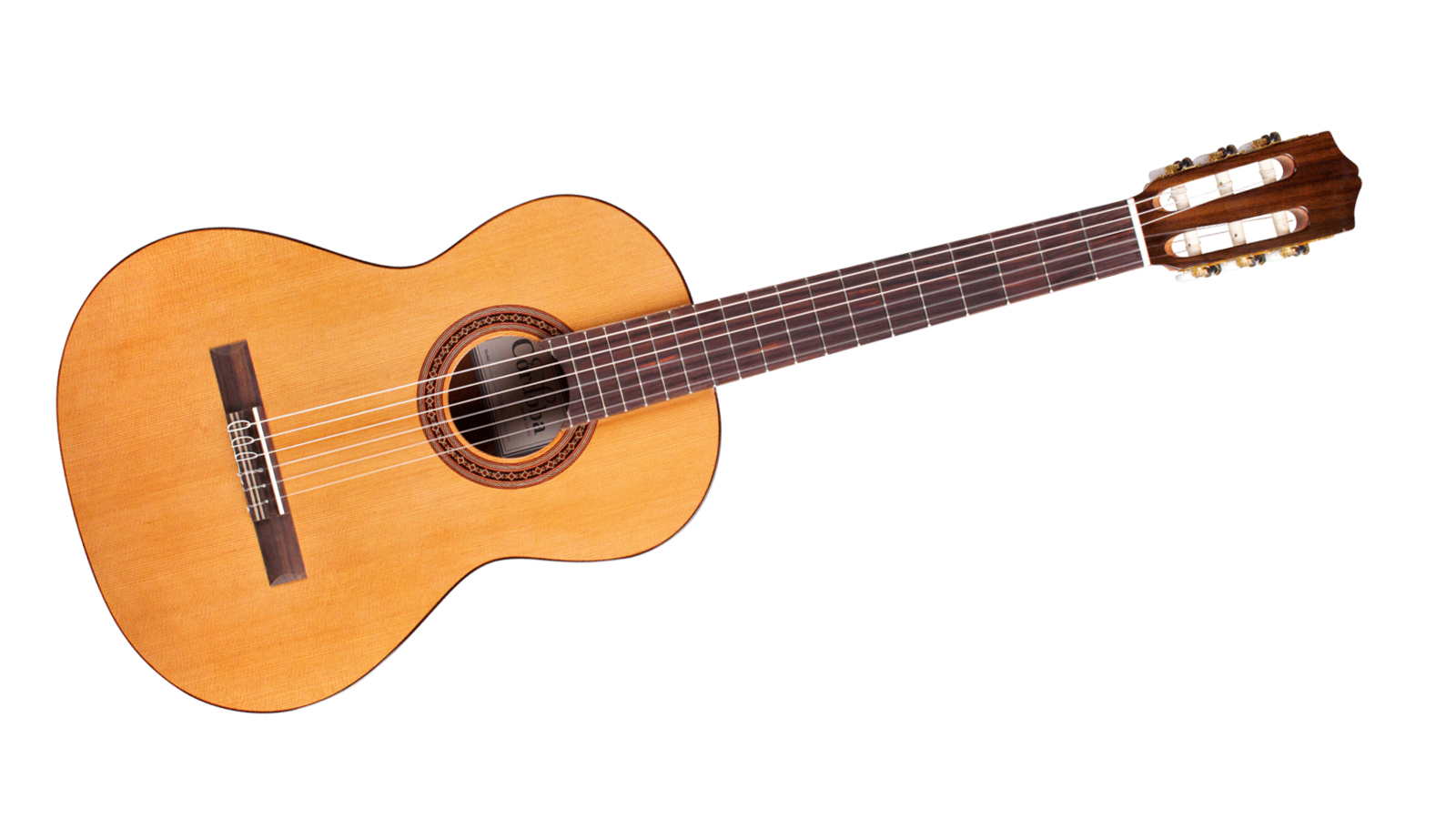
8. Cordoba Cadete 3/4
Our expert review:
Specifications
Reasons to buy
Reasons to avoid
Cordoba is a relatively new guitar brand but quickly gaining a great reputation for solidly built and beautiful sounding guitars. The Cordoba Cadete is a beginner classical guitar with soft nylon strings that are great for newer players.
With a mahogany neck, this guitar feels really solid, and the flat radius of the fretboard makes it great for students of classical, being very well suited to fingerstyle playing. The neck is more than comfortable enough for new players, whilst still retaining enough heft that it won’t put off the more experienced guitarists looking for a living room or travel guitar.
To come in with a solid top at this price point is really impressive, and it ensures the Cordoba Cadete sounds seriously good. The sound is easily comparable with guitars that are both larger in size and higher in price tag, making this guitar a great investment for new and veteran players alike.
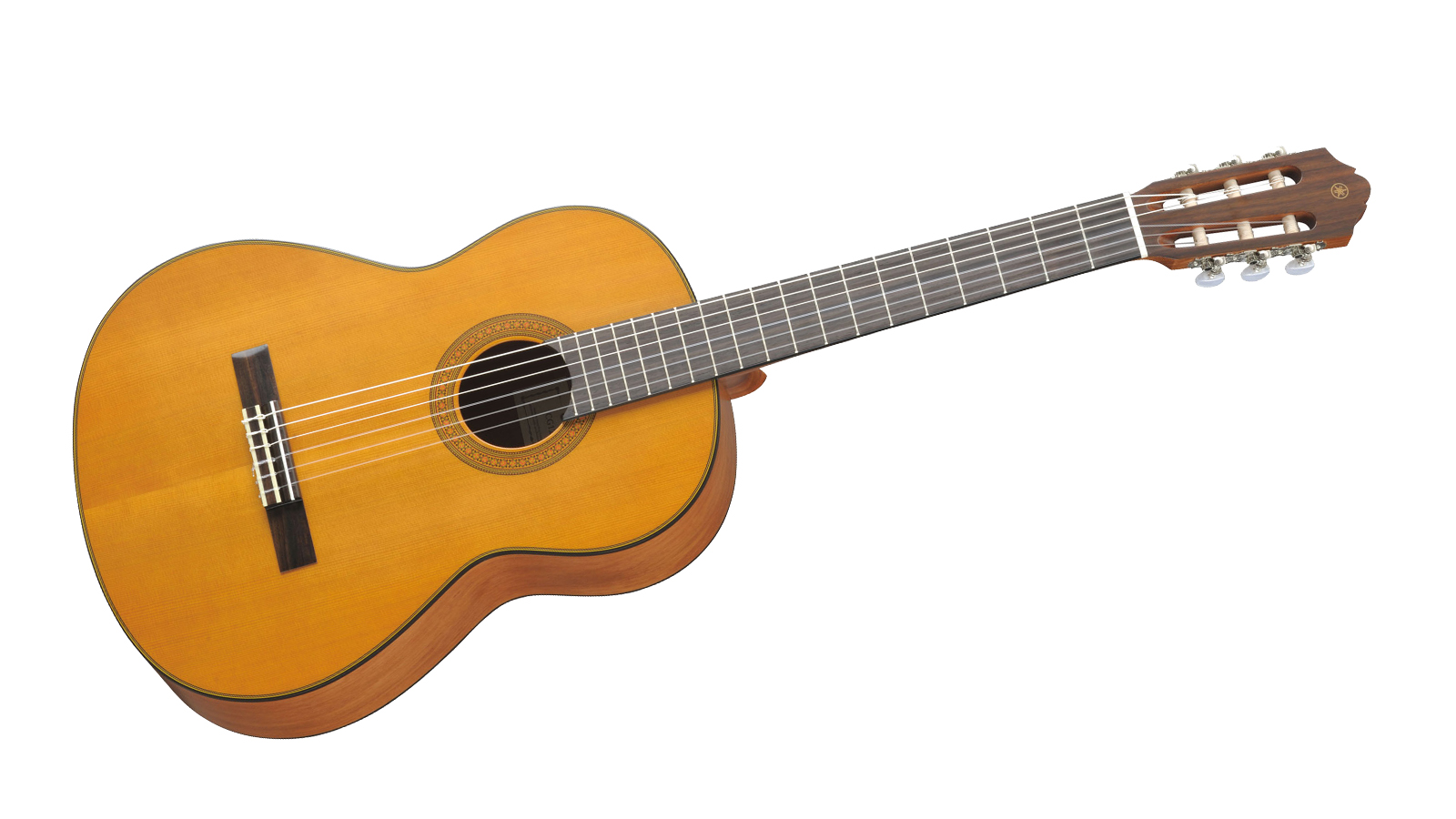
9. Yamaha CS40 II 3/4 Classical
Our expert review:
Specifications
Reasons to buy
Reasons to avoid
The Yamaha CS40 II has been a staple in music rooms the world over for decades now. So many guitarists got their start on one of these and it’s spawned countless imitations over the years.
A rosewood fingerboard provides a great platform for beginners to make their first forays into chords and scales, with the shorter scale proving supremely comfortable. The lack of fretboard markers may hamper players initially, but offers a great fretboard lesson for the long term.
The spruce top provides plenty of brightness to the CS40 II’s overall sound and once you put a decent set of strings on it really sizzles sound-wise. It’s very tonally balanced and will suit a variety of styles, not just classical.
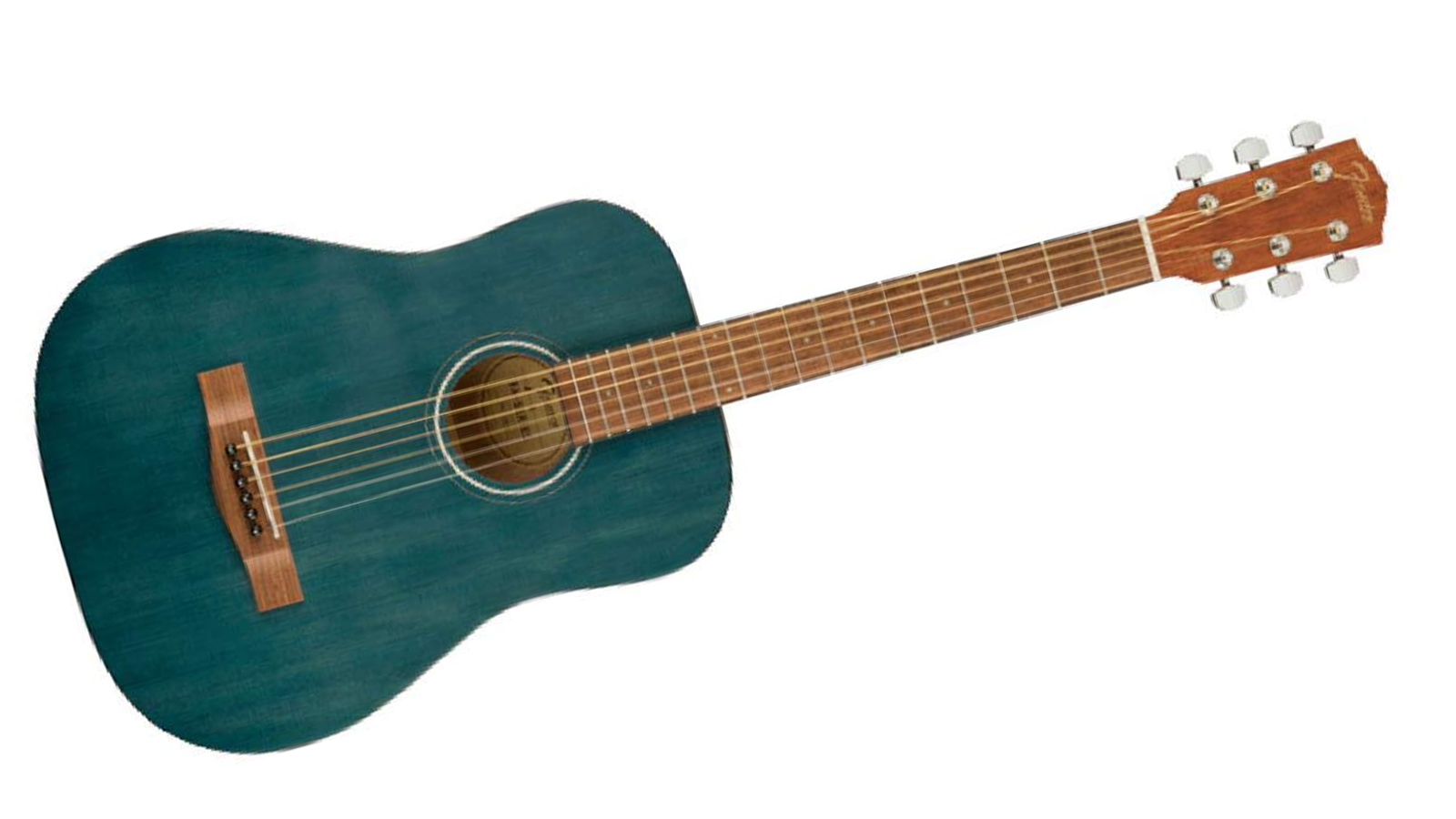
10. Fender FA-15 3/4 Steel String
Our expert review:
Specifications
Reasons to buy
Reasons to avoid
If you’ve got a little one in your life looking to become the next guitar guru, Fender has the answer. The FA-15 3/4 Steel String has been a best-seller since its inception, particularly for young learners looking for their first axe.
The short 23.3” scale length makes it particularly easy for those with a shorter wingspan. Although this guitar is based on a Dreadnought, it’s like a Dreadnought that’s been through the tumble dryer on full heat and shrunk, resulting in a more compact version of the original.
Despite its wallet-friendly price, this sturdy guitar made from laminated agathis and sapele can take a few bumps in stride, and the die-cast tuners will keep it rockin' in tune, no problem at all. Fender also throws in a handy gigbag, ideal for taking the FA-15 along to lessons or school. Although the FA-15 doesn’t offer the sweetest tone imaginable, it’s more than suitable for kids who are earning their stripes.
FAQs
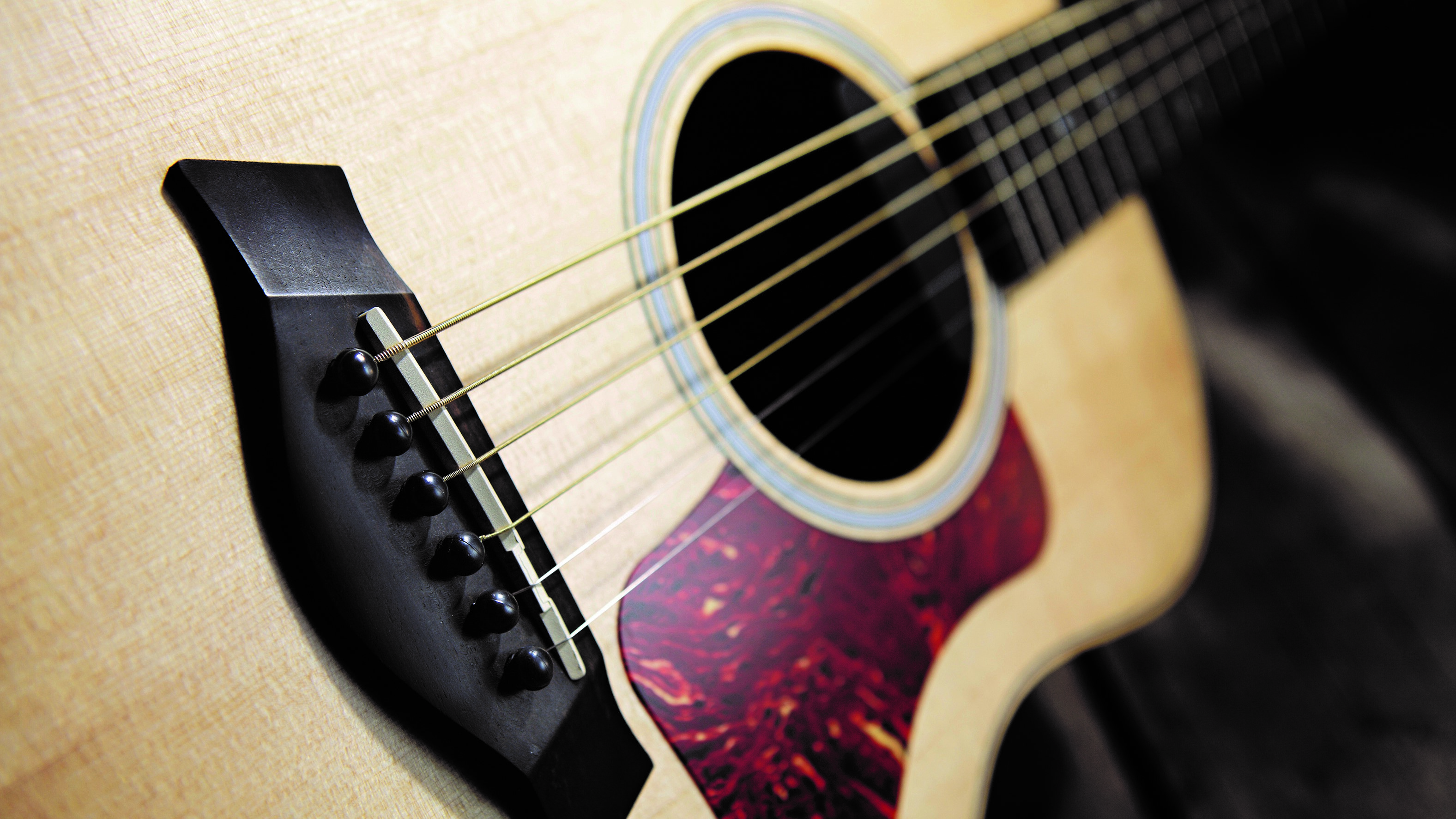
Why would you want a 3/4 acoustic guitar?
You can trust Guitar World
The 3/4 acoustic guitar was originally created for students with more diminutive dimensions, enabling them to play chords and scales more easily when first picking up the instrument. Yet in recent times more and more guitarists have been moving to these smaller-scale instruments for a variety of different reasons.
Firstly, the smaller stature of a 3/4 acoustic guitar is incredibly appealing for those looking for comfort. We all love the sound of a large, boomy dreadnought, nothing quite beats it. However, if you’re looking to play a few chords on the couch, this purity of tone may not be quite as important as comfort. Also, for those who are a little smaller in stature, a large dreadnought acoustic may be out of the question already, making the appeal of a 3/4 acoustic even greater.
This leads to our next point, playability. For some, a longer scale length isn’t the most natural thing to play and there are those out there who find a shorter scale length much easier to grab chords and reach notes, particularly beginners. If this helps you learn, we say go for it!
Lastly, 3/4 acoustic guitars are tremendously portable. If you’ve been considering taking your guitar to a holiday home, on a road trip, or just around to your partner's house to annoy them with your version of 'Wonderwall' then it’ll be easiest with a 3/4 acoustic. Also, most manufacturers will supply a gig bag with a 3/4 acoustic guitar, making this type the perfect choice for traveling.
What's different about a 3/4 guitar?
Apart from the obvious size difference, there is little else differentiating a 3/4 acoustic guitar from its full-sized counterpart. No matter the size, the two most important components of an acoustic guitar are its top wood and neck profile.
To put this in simple terms, the top wood affects how the acoustic guitar sounds, whilst the neck profile affects how the guitar plays.
What else should I know about 3/4 acoustic guitars?
The top wood is arguably the most important aspect of how a 3/4 acoustic guitar generates its sound, with different wood types imparting their tonal personality. Sitka spruce is one of the most commonly found top woods, thanks to its bright and crisp tonality. A more dense wood, such as Mahogany will have more bass response, giving you a warmer overall sound when you play.
The neck profile is crucial to you feeling comfortable on your choice of 3/4 acoustic guitar and is arguably one of the most important aspects when choosing to buy any type of guitar. Neck profiles are usually denoted by letters C, D, V, and U, referring to the shape of the back of the neck. C and D profiles tend to be easier for smaller or inexperienced hands to get to grips with, whereas V and U shapes have a much chunkier feel in the hand.
If at all possible, playing a few of these guitars before you decide to buy will stand you in great stead, but with such high-quality names on the list as Taylor, Martin, Fender, and Yamaha, you’re pretty much guaranteed a great experience no matter which 3/4 acoustic guitar you go for.
Can adults play 3/4 acoustic guitars?
Absolutely! 3/4 acoustic guitars are suitable for people of all shapes and sizes, not just for smaller children. Although these guitars were originally created for beginners, today the humble 3/4 acoustic has started to appeal to a slightly different target audience, that being adults and intermediate to professional players.
This is largely thanks to brands like Taylor, Martin and Faith, who are creating high-quality, great-sounding 3/4 acoustic guitars. These instruments, like the Martin LX1E, are designed for more experienced players looking for the benefits a smaller guitar can bring but not wanting to skimp on the quality. After all, if Ed Sheeran can headline Wembley with a 3/4 acoustic, then you’ll be able to play a few chords in the living room with one.
How we choose products
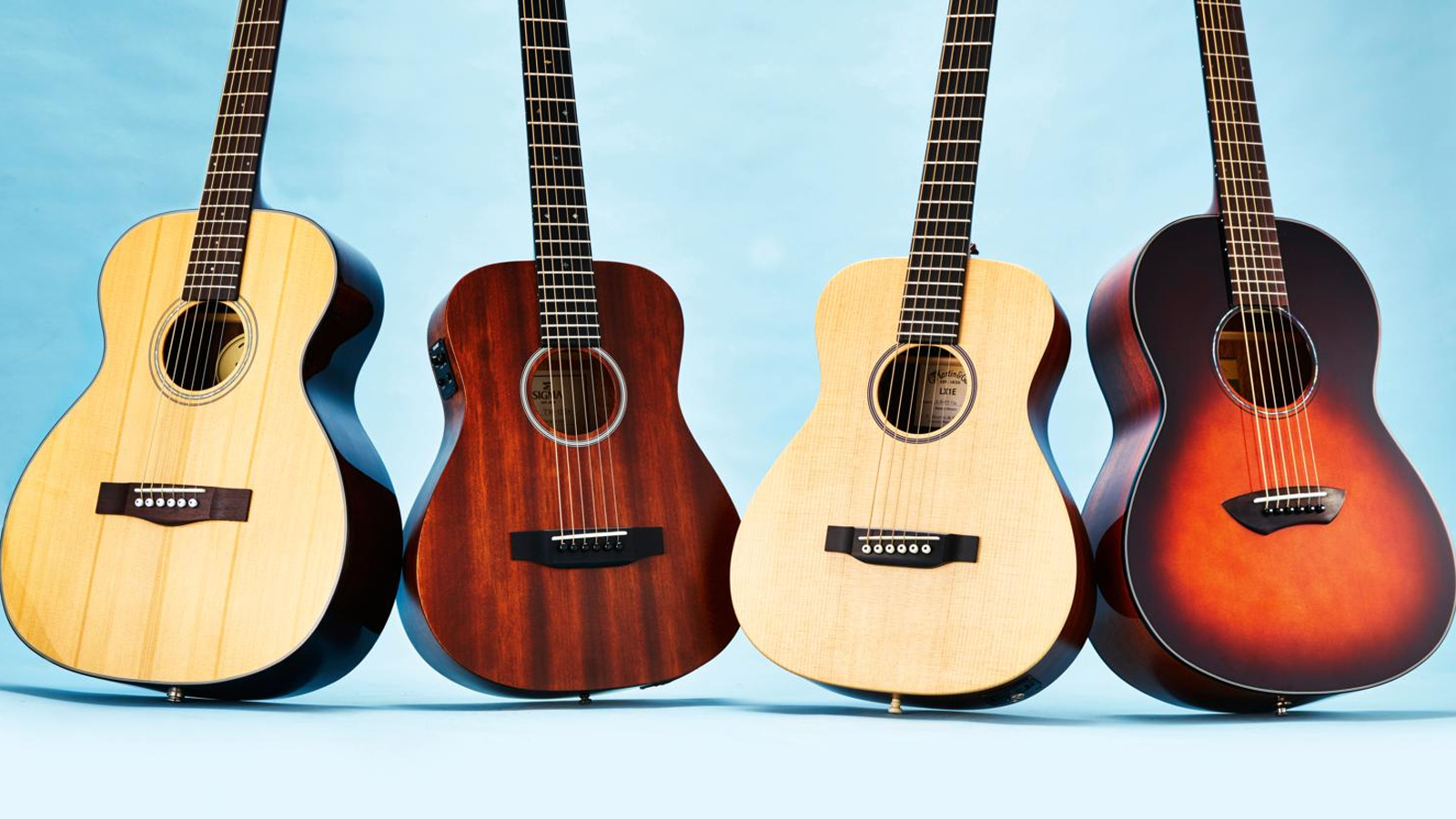
Here at Guitar World, we are experts in our field, with many years of playing and product testing between us. We live and breathe everything guitar-related, and we draw on this knowledge and experience of using products in live, recording and rehearsal scenarios when selecting the products for our guides.
When choosing what we believe to be the best 3/4 acoustic guitars available right now, we combine our hands-on experience, user reviews and testimonies and engage in lengthy discussions with our editorial colleagues to reach a consensus about the top products in any given category.
First and foremost, we are guitarists, and we want other players to find the right product for them. So we take into careful consideration everything from budget to feature set, ease of use and durability to come up with a list of what we can safely say are the best 3/4 acoustic guitars on the market right now.
Read more about our rating system, how we choose the gear we feature, and exactly how we test each product.
Related buying guides
- Take a look at the best acoustic guitars under $500
- And these are the best guitars for kids
- Best short-scale basses: pint-sized basses at all price points
- Play more comfortably with the best guitars for small hands
Get The Pick Newsletter
All the latest guitar news, interviews, lessons, reviews, deals and more, direct to your inbox!

Matt is a Junior Deals Writer here at Guitar World. He regularly tests and reviews music gear with a focus on guitars, amps, pedals, modelers, and pretty much anything else guitar-related. Matt worked in music retail for 5 years at Dawsons Music and Northwest Guitars and has written for various music sites including MusicRadar, Guitar Player, Guitar.com, Ultimate Guitar, and Thomann’s t.blog. A regularly gigging guitarist with over 20 years of experience playing live and writing and recording in bands, he's performed everything from jazz to djent, gigging all over the country in more dingy venues than you can shake a drop-tuned guitar at.
“While the odd corner has clearly been cut, these are true Gibsons with all the individuality that this brand exhibits”: Gibson J-45 Special and Hummingbird Special review
“Fender has stripped back the price – but has it gone too far paring back the sounds, too?” Fender Standard Acoustasonic Telecaster review
